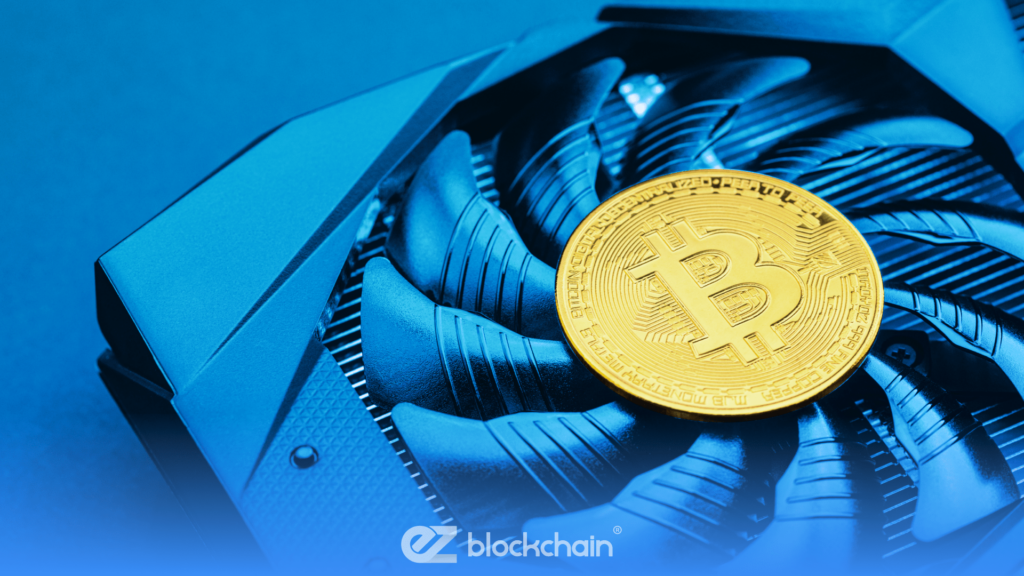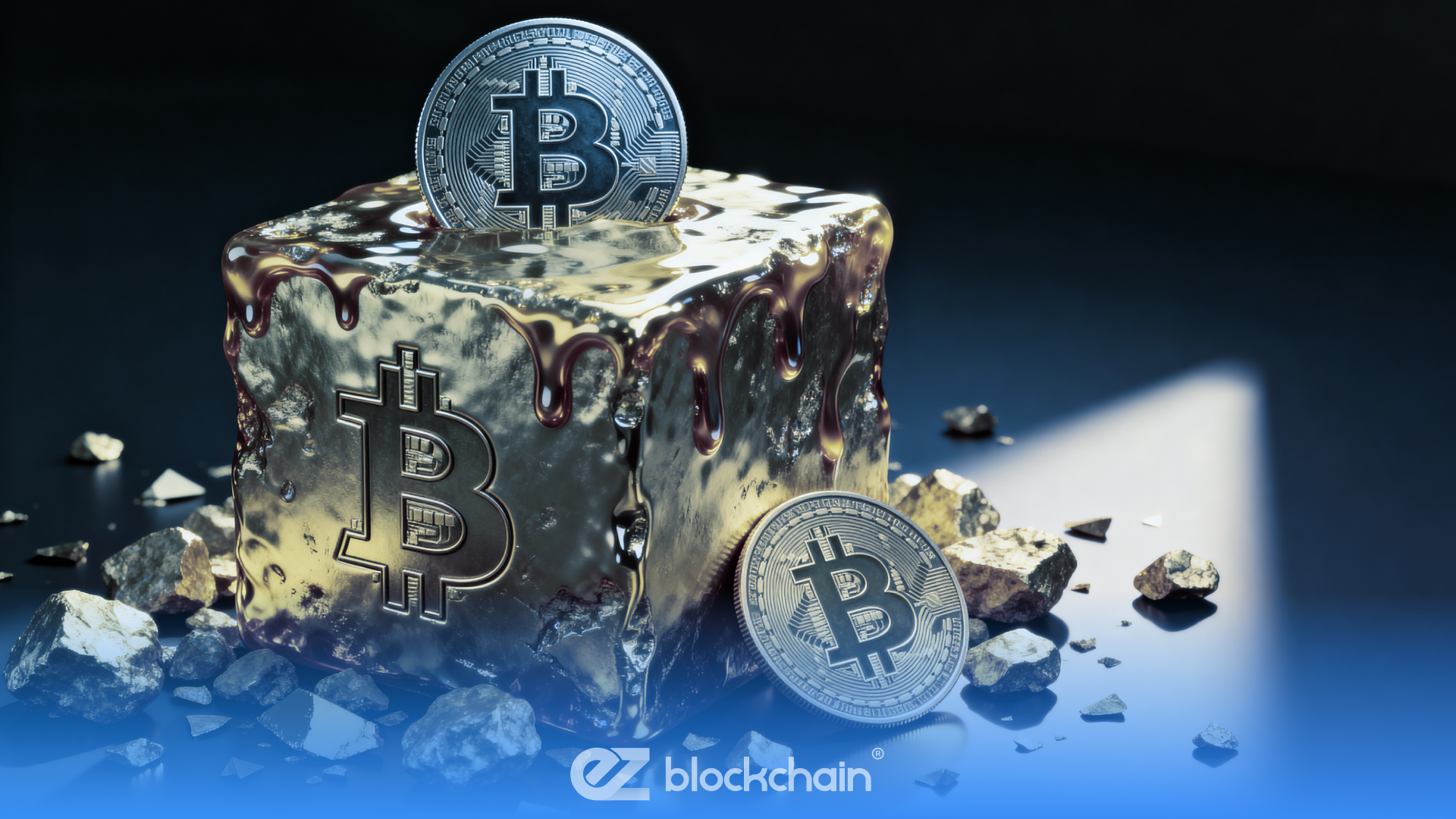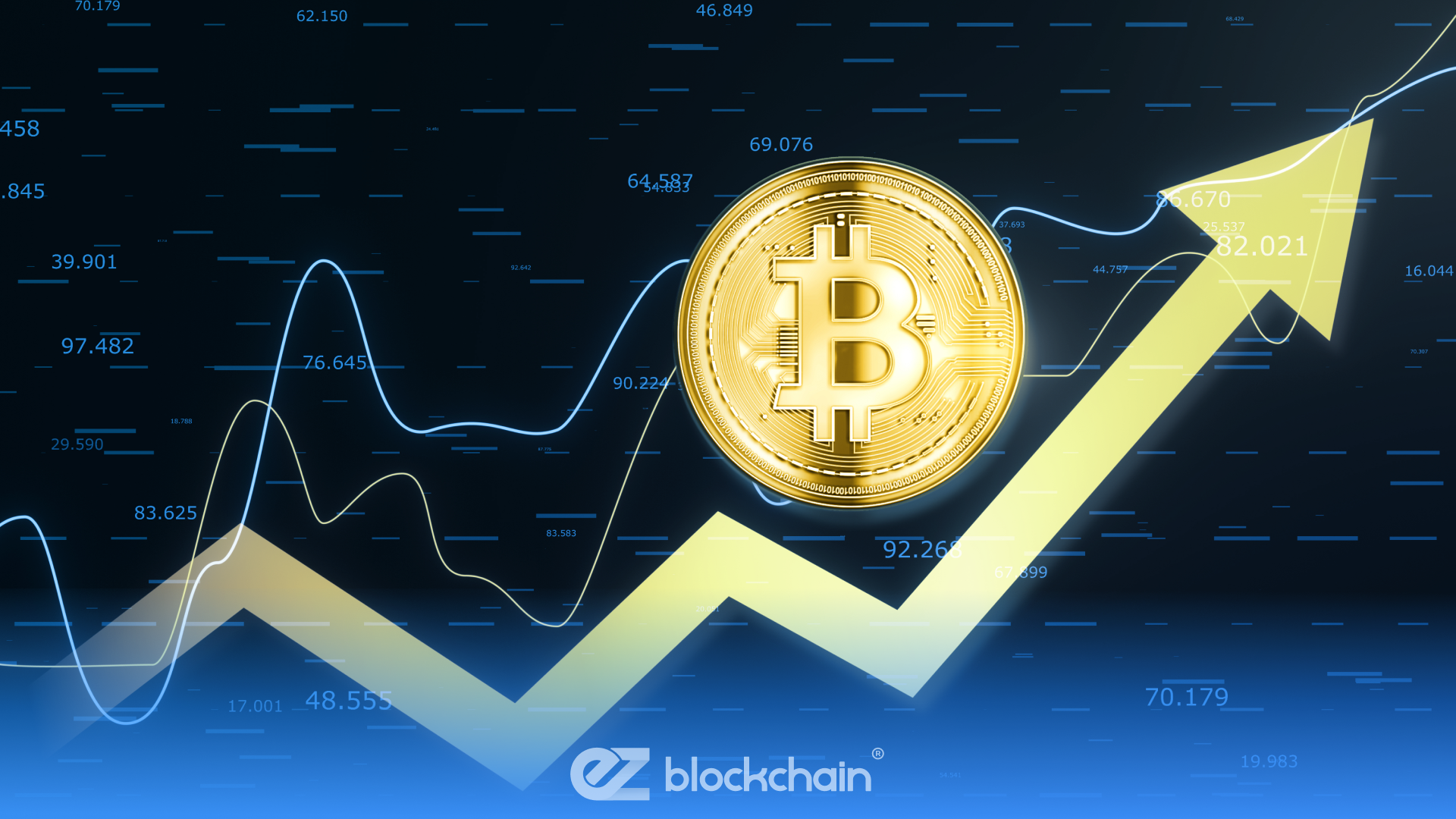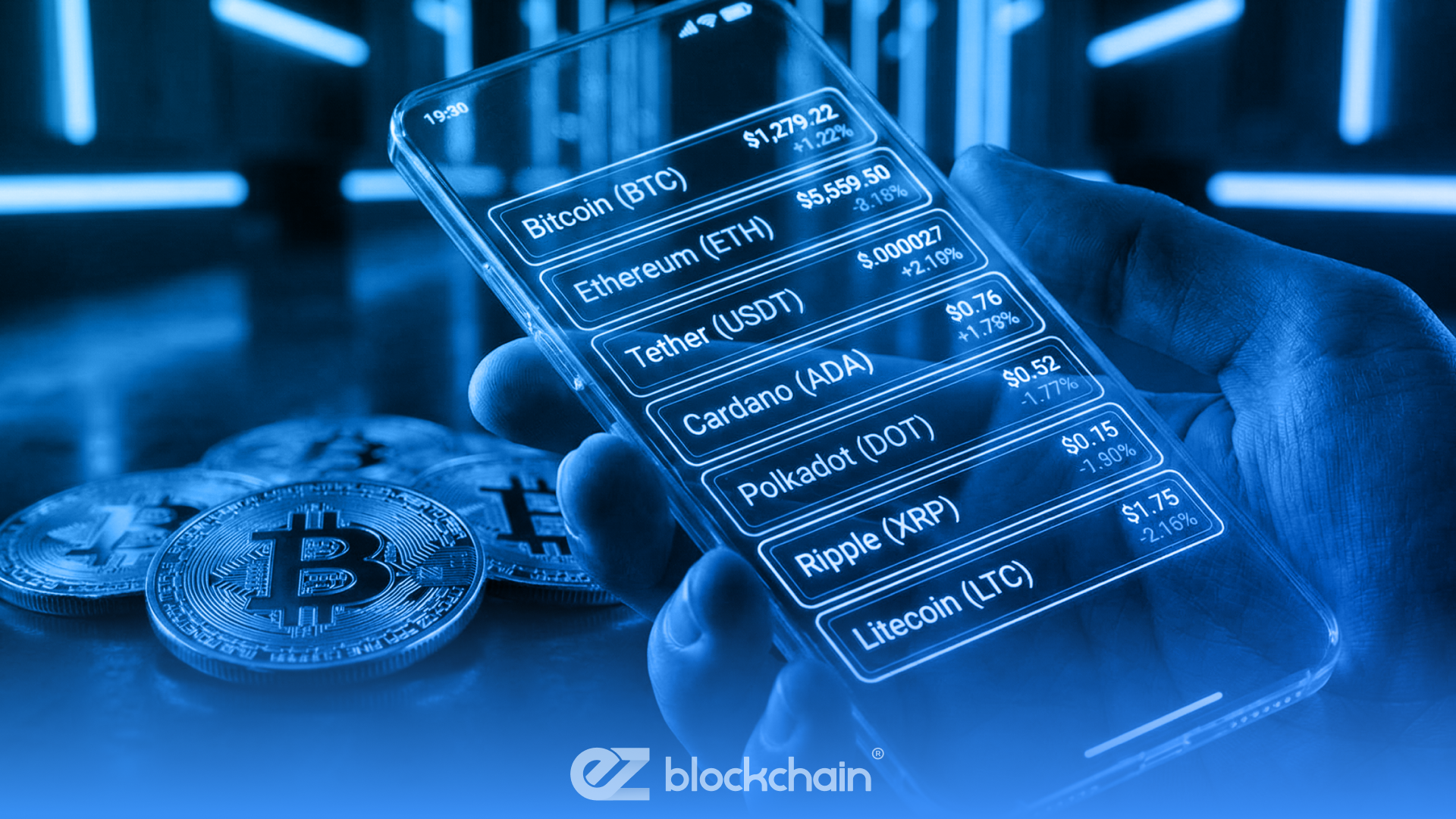Stay up to date with the latest news, announcements, and articles.

The term “mining” in crypto mining can be confusing and can lead to misunderstanding or misinterpretation. There is no physical extraction involved; instead, it is computational work. The term “mining” is used metaphorically in cryptocurrency to describe the process of generating new coins (like mining gold). While the term “mining” in crypto mining makes sense within the context of blockchain technology, it can be confusing because it diverges from its traditional meaning and requires understanding its metaphorical application to digital currencies. While gold mining has been a cornerstone of wealth for centuries, Bitcoin mining represents the new frontier of asset generation. This article delves into the similarities and differences between Bitcoin-gold mining.
The Common Ground
Proof-of-Work
At their core, both Bitcoin and gold mining share the pursuit of extracting value from scarce resources. Just as gold miners move tons of earth to find precious nuggets, Bitcoin miners solve complex mathematical problems to validate transactions and earn new Bitcoins. This process is known as proof-of-work, and it is similar to the laborious efforts in gold mining.
Finite Resources
Both forms of mining are also driven by market demand and are influenced by the scarcity principle. Gold’s value is rooted in its limited supply and enduring appeal, while Bitcoin’s value is underpinned by the 21 million cap on its total supply. This finite availability creates a parallel between the two.

Resource Dependency
The profitability of both Bitcoin and gold mining companies depends heavily on the availability and accessibility of resources. Bitcoin miners rely on the availability of computational power and cheap electricity, whereas gold miners depend on the discovery and extraction of gold deposits.
Market Volatility
The profitability of both mining operations is subject to market volatility. Gold prices fluctuate based on economic indicators, geopolitical stability, and investor sentiment. Similarly, Bitcoin’s value can swing wildly due to regulatory news, technological developments, and shifts in investor confidence.
Beta of Mining Stocks
Stocks of Bitcoin mining also show some similarities with those of gold mining juniors and seniors. Both Bitcoin mining and gold mining stocks can be highly speculative. Investors are often betting on future increases in the value of the asset being mined (Bitcoin or gold). Both type of shares provide a higher beta (are more volatile) compared to the underlying asset. Both types of mining stocks are sensitive to operational costs. For Bitcoin miners, electricity and hardware costs are critical, while gold miners are affected by labour, energy, and equipment costs.
Regulatory Impact
Regulatory changes can significantly impact both Bitcoin and gold mining companies. Bitcoin mining is affected by cryptocurrency regulations and energy policies, while gold mining is influenced by environmental regulations and mining laws.
Diverging Paths
Physical vs. Digital
Bitcoin mining involves digital computational processes. This process occurs entirely within a virtual environment, requiring substantial electricity and advanced hardware but no physical material handling. In contrast, gold mining entails the physical extraction of gold ore from the earth through techniques such as drilling, blasting, and digging. This process involves heavy machinery, significant manual labor, and the handling of physical materials.

Maturity of the Market
Gold mining is a well-established industry with thousands of years of history, offering a stable and predictable environment due to advanced infrastructure, comprehensive regulations, and established market behaviors. It is considered lower risk, with more predictable returns and easier access to long-term investment. In contrast, cryptocurrency mining is a relatively new and rapidly evolving sector, characterized by rapid technological advancements and significant market volatility. Bitcoin miners face regulatory uncertainty and environmental concerns, making the industry high-risk but potentially high-reward.
Centralization
Bitcoin mining is highly decentralized, with individual miners operating globally across various regions. There is some tends toward centralization as economies of scale make it more profitable for larger mining operations with access to cheaper electricity and advanced hardware. Gold mining is generally more centralized, dominated by large multinational corporations that possess the significant capital required for extensive exploration, extraction, and processing operations. These corporations often control substantial portions of global gold production, creating a more hierarchical industry structure. The centralization in gold mining leads to fewer entities influencing market dynamics and operational practices compared to the diverse and dispersed nature of Bitcoin mining.
Environmental Impact
Gold mining has a significant environmental impact, including land degradation, deforestation, and water pollution due to the use of toxic chemicals like cyanide and mercury. These activities can lead to loss of biodiversity and long-term damage to ecosystems. In contrast, Bitcoin mining primarily affects the environment through its high energy consumption. While Bitcoin mining does not directly cause physical land or water pollution, its energy demands can strain local power grids and increase greenhouse gas emissions. Efforts to mitigate these impacts include using renewable and stranded energy sources for Bitcoin mining.

Technological Advancements
Technological advancements play contrasting roles in each sector. In gold mining, innovations such as improved extraction methods and automation reduce operational costs and enhance efficiency, which can lead to increased production and potentially lower gold prices. In Bitcoin mining, technological improvements are crucial to keep pace with the increasing difficulty of mining tasks set by the network’s algorithms. Innovations like more efficient ASICs mining machines allow miners to remain competitive and profitable despite rising computational demands. Unlike gold mining, where advancements can stabilize prices, in Bitcoin mining, technological progress is essential to sustain operations and profitability.
Lifecycle and Depreciation
In Bitcoin mining, ASIC hardware become obsolete quickly due to rapid technological advances and increasing mining difficulty, requiring frequent upgrades to remain competitive. This results in a shorter lifecycle for mining equipment and higher ongoing investment costs. Conversely, gold mines typically have a longer lifecycle, often spanning decades, though the quality and quantity of ore extracted gradually diminish over time. While Bitcoin miners face the challenge of constant hardware upgrades, gold mining companies must manage the depletion of resources and the need for new discoveries. Both industries require ongoing investment to adapt to changing conditions, but the nature of their assets and depreciation differs significantly.
In Conclusion
While Bitcoin and gold mining share the pursuit of scarce resources and are influenced by similar economic principles, they diverge significantly in their methods, impacts, and roles within their respective markets. As the terminology can be confusing and might lead to misunderstanding or misinterpretation, understanding these similarities and differences becomes crucial for informed participation in the mining activities of both gold and the digital gold of the 21st century, Bitcoin.
Fill out a form and our bitcoin mining expert will contact you.
FREE CONSULTATIONchoose
a miner
profit and
understand data?
business remotely
with EZ Blockchain?
Fill out a form and our bitcoin mining expert will contact you.










